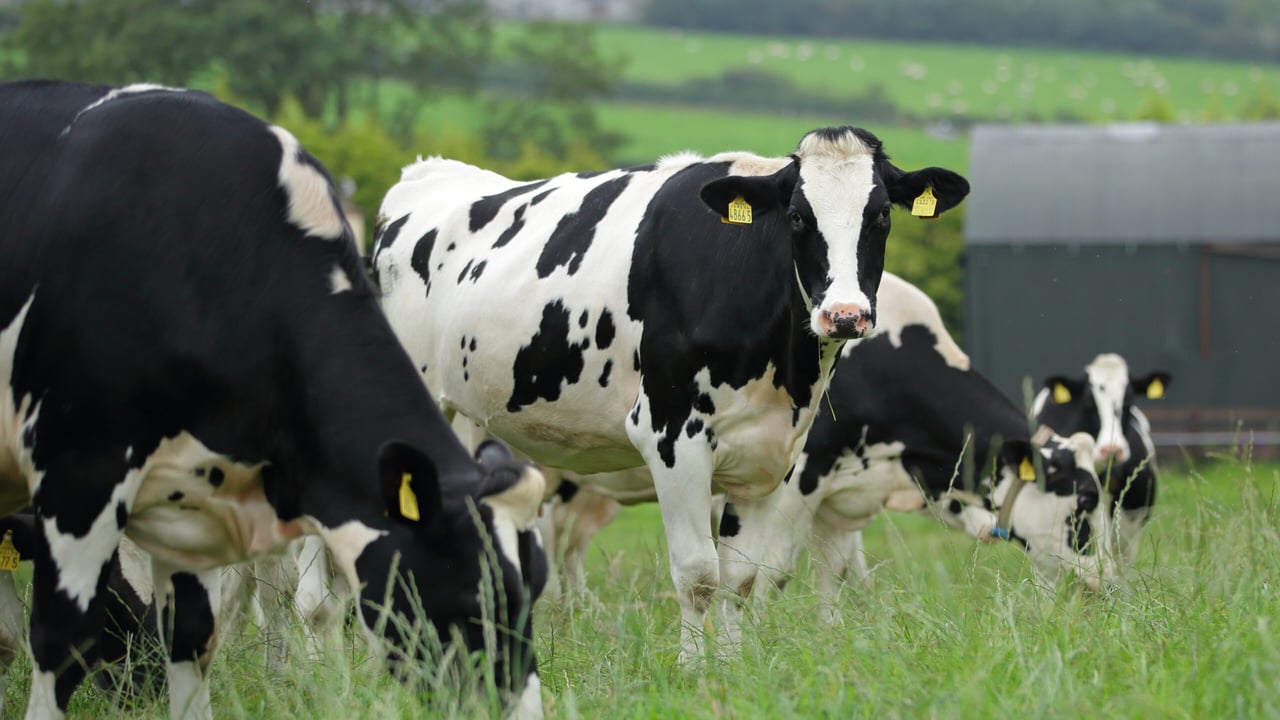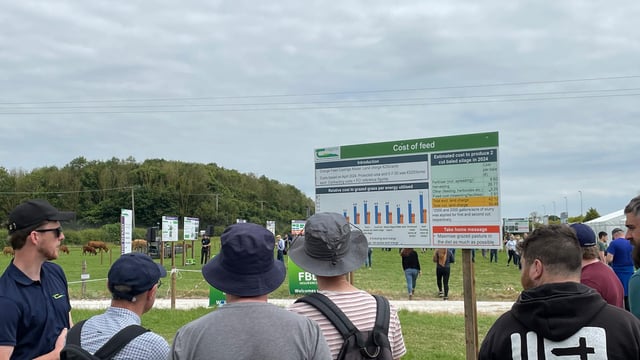Research: Reducing derogation could be 'useful' to reduce risks to water quality
Research has suggested that reducing Ireland's nitrates derogation could be "useful" in reducing risks to water quality.
This was revealed in the publication of a research study 'Towards a Climate-neutral Land Sector by 2050' for the Environmental Protection Agency (EPA) conducted by researchers at University of Limerick with partners in Teagasc and University of Galway.
The EPA funds and commissions researchers in higher education institutions and research organisations to conduct independent scientific research on a diverse range of environmental topics.
The research stated: "Land sparing through intensification may pose risks to water quality, depending on the context.
"Reducing derogation limits for organic nitrogen loading under the Nitrates Directive (91/676/EEC) could be a useful mechanism to reduce this risk, and potentially also to curtail currently unsustainable expansions of dairy herds."
Ireland has availed of a derogation since 2006. The current nitrates derogation, which allows farms to be stocked at a maximum of 220kg of organic nitrogen (N) per hectare or 250kg N/ha, runs until the end of 2025.
The Department of Agriculture, Food and the Marine (DAFM) has received a total of 7,238 online applications for the 2024 nitrates derogation by the closing date on April 26.
The research determined that "declining water quality is in part driven by agricultural intensification (high per hectare nutrient loading), especially in the dairy sector, and threatens compliance with the Water Framework Directive (2000/60/EC).
Lat week, Agriland spoke with chief inspector at the DAFM, Bill Callanan said the government was committed to securing a derogation, at the highest possible stocking rate.
He emphasised that if was this to happen, water quality has to be good and maintained and where its less than good, we need to be seen to be working collectively towards improving that.
The availably of a nitrates derogation is a legal provision already provided for within the Nitrates Directive and is subject to member state approval.
The government has put quite a number of supports forward, whether that is incentives in terms of storage and tanks, low emission equipment, but also a €60 million EIP which supports farmers in terms of practical actions on the farm, Callanan said.





